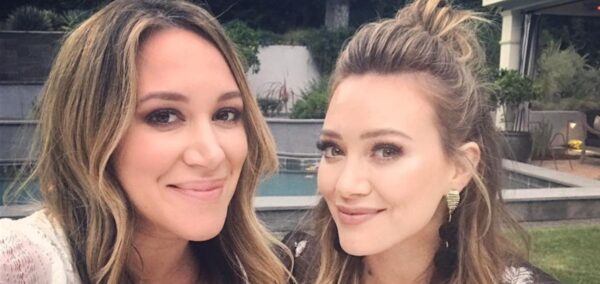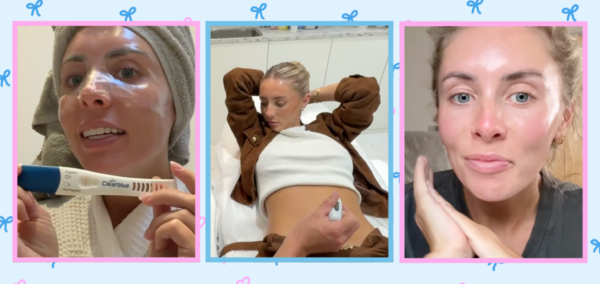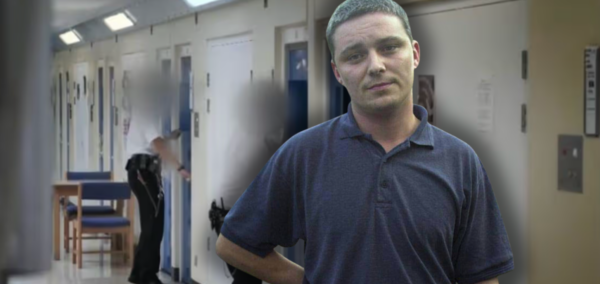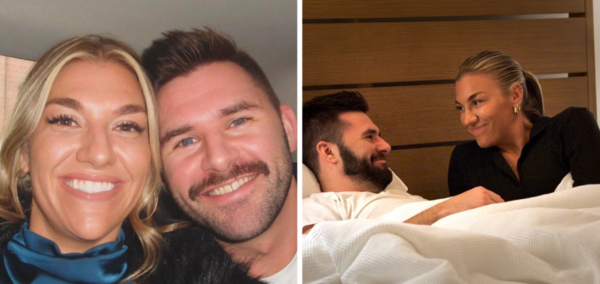
Natasha Abrahart’s parents welcome new guidance for universities on student welfare
Natasha was found dead in 2018 after taking her own life before an oral presentation at Bristol Uni
Parents of Natasha Abrahart have welcomed new guidance to universities on disabled students.
Natasha was receiving support for chronic anxiety but was found dead in 2018 after taking her own life the morning before an oral assessment.
The Equality and Human Rights Commission (EHRC) issued new guidance for universities outlining that students do not need a formal diagnosis to receive reasonable adjustments and that disability services should proactively help students, BBC reports.
Her parents said: “Universities often misunderstand reasonable adjustments. This ignorance and resistance to change can have serious consequences, such as the tragic loss of our daughter.”
In 2022 a court ruled the University of Bristol had breached the 2010 Equalities Act by failing to make “reasonable adjustments” for Natasha. After an appeal by the university, the High Court upheld the ruling that Bristol Uni had broken the law.
Natasha was in her second year of university when “things started to go wrong” according to her family. Natasha was struggling with social anxiety.
She took her life the morning of an oral assessment in front of more than 40 people in a lecture theatre. The university failed to make reasonable adjustments for this assessment to support Natasha and her anxiety.
The new guidance explains: “Student-facing staff should be trained to recognise symptoms of mental health crises and trained to know what to do next to obtain support for the student and remove additional stressors such as deadlines.
“Staff should be reminded that where a student has a severe or urgent condition, reasonable adjustments may be made without a diagnosis or medical or expert evidence.”
Universities must support students even if they have not engaged with the disabilities services “ensure that staff and students are aware that reasonable adjustments must be made even where a student has not engaged with the Disability Service if there is an urgent or severe need to do so or the circumstances of the case demand it.”
If you or someone you know has been affected by this story, please speak to someone or contact Samaritans on 116 123 at any time. You can contact Anxiety UK on 03444 775 774, Mind on 0300 123 3393, and Calm (Campaign against living miserably, for men aged 15 to 35) on 0800 58 58 58. You matter.
A list of wellbeing services available to Bristol students can be found here.
Featured image via SWNS.


















